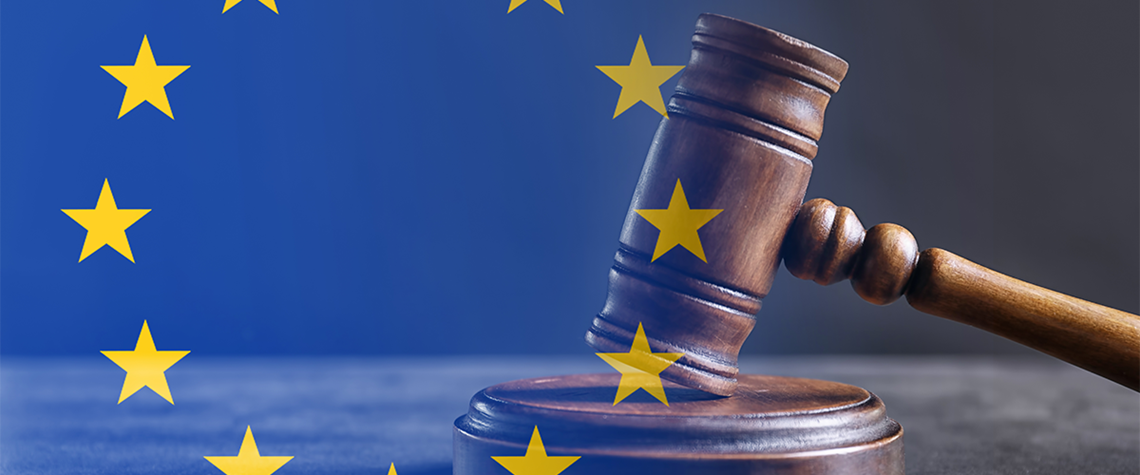EU agrees on new carbon removals laws
Operators will be liable for leaks back into the atmosphere under rules designed to give clarity to industry
A new set of EU laws has set out clear monitoring obligations and liability rules for direct air CCS (DACCS) and bioenergy with CCS (BECCS) operators in the region. The EU Carbon Removals Certification Framework (CRCF) has been agreed by the European Council and European Parliament. Although it is not yet law, the agreement means it is highly likely to enter the statute book. The framework establishes the first definition for carbon removal in EU policy and ensures that only the permanent storage of atmospheric or biogenic CO₂ can qualify as permanent carbon removal. The framework establishes four different types of activities to be covered by the framework—emission reductions in soils, temp

Also in this section
9 January 2026
A shift in perspective is needed on the carbon challenge, the success of which will determine the speed and extent of emissions cuts and how industries adapt to the new environment
2 January 2026
This year may be a defining one for carbon capture, utilisation and storage in the US, despite the institutional uncertainty
23 December 2025
Legislative reform in Germany sets the stage for commercial carbon capture and transport at a national level, while the UK has already seen financial close on major CCS clusters
15 December 2025
Net zero is not the problem for the UK’s power system. The real issue is with an outdated market design in desperate need of modernisation







